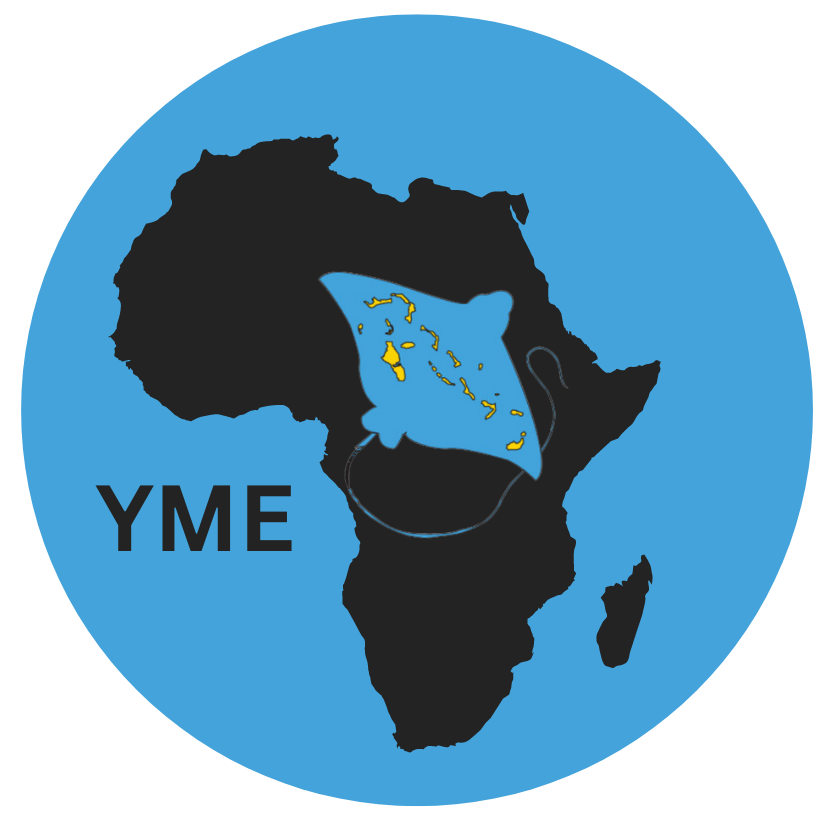The Permanent Mission of The Bahamas under the leadership of H.E. Amb. Stan Smith hosted a Side Event titled “Sustainable Climate Action and Capacity Building for the Water Crisis” at the UN Water Conference held at the United Nations HQ in NY. The event was co-Sponsored by the Permanent Missions of the Kingdom of Morocco and Tajikistan. In affiliation with UNITAR and UNESCO and in association with the World Youth Group. It was an honour for YME to support in the facilitation of this event.
Water-insecure communities require integrated and sustainable management systems to address the nexus of water, energy, and food. The water-energy-food nexus is underpinned by the intersections with biodiversity loss and climate change. This complex convergence must be understood from water’s source to the sea at local, national, regional, and global levels. Data generation, validation, standardisation, and information exchanged across sectors is an important contribution to sustainable integrated water management.
Innovation is required to 1) identify the specific needs 2) finance the research, and 3) carry out the implementation of transformational systemic approaches to address the water crisis.
It is critical to support the development of innovations that support the transboundary management of shared water resources to ensure that future generations benefit from this fragile resource- water. Effective regulatory frameworks that encourage innovation are necessary.
Priority should be placed on investing in Intergenerational capacity building for water education that focuses on critical thinking and scientific results that strengthen knowledge systems.
Knowledge sharing especially between African and Caribbean countries and their youth is paramount for the transferring of existing innovations and knowledge solutions that can be sustainable scaled. Improving the collective understanding and application of scientific results supports policy-makers, local governments, and water resource operators to achieve the collective goal of water sovereignty.
UNESCO – YOUCAN (Youth Climate Action Network) Members from Morocco and The Bahamas emphasised the importance of grounding business models and development in all water solutions that engage young people.
Members from the Bahamas UNESCO -IHP Committee spent time developing a plan for expanding the existing coverage of hydrometric data points throughout The Bahamas. The existing data gaps in our understanding of the water crisis and climate nexus calls for a national commitment to research driven decision making; this will de-risk the decision making process by providing insights that reduce cost and increase the ability to provide equitable access to quality water for all.
When policy makers have the ability to make informed decisions, costs can be reduced. Robust data sets support accountability and transparency at both the policy and implementation levels. Key Recommendations coming out of the UN Water Conference include: 1) The National Meteorological Agency working with the WMO and the National UNESCO IHP Committee should prioritise building capacity for and implement culturally relevant and strategically designed citizen science and community science programmes that increase the robustness of existing hydrological data sets.
2) Prioritise research driven decision making by creating National Research Budgets that support the design, collection, streamlining, and aggregation of different data sets that have been collected by different agencies including but not limited to Ministries and Institutions, Utilities and Service Providers, Academia, The Private Sector,and Civil Society. 3) Invest in intergenerational water education that supports the cultivation of an enabling environment for innovative technologies, systems, and programmes to be developed by investing in water and climate solutions business incubators for young people that nurtures start-ups within sectors of artificial intelligence, research, and the production of business actionable water insights.
Immediate Actions coming out of the water conference include 1) the convening of a multi stakeholder National water symposium hosted in The Bahamas to co-create the research questions that will drive the water -climate researched being led by our CICI research team 2) Strengthening the relationship between The Bahamas and The Gambia in the co-creation of water-ocean solutions.
